Council conundrum
The campaign for local government reform
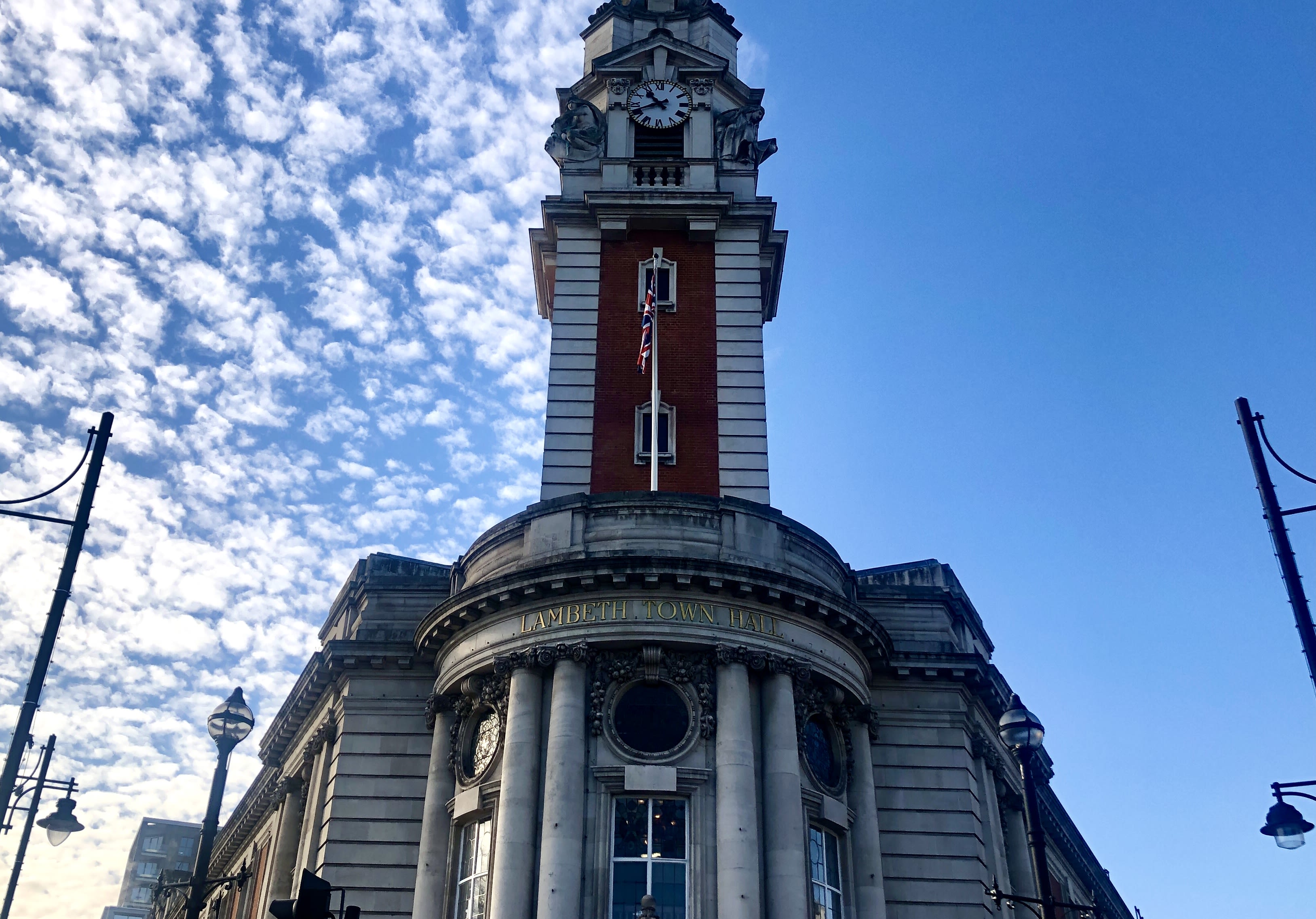
Local authorities may not have the glamour of Westminster politics, but our councillors make important decisions every day ranging from housing to healthcare.
In many cases, it will be the job of the council to put a roof over someone’s head, and food on their table.
Campaigners in Lambeth are hoping to alter the way that these decisions get made.
Local councils across the UK vary in size, structure and leadership models: all these things can affect structures of accountability and democratic outcomes.
One feature which has been gaining increasing attention in recent years is councils’ executive leadership - do they work in large, cross-party committees, or are they led by a cabinet?
Since the Local Government Act 2000, most councils in the UK operate a leader and cabinet model.
After an election, the leader of the council is chosen by other councillors - in practice, this will often be the leader of the biggest party in a newly elected council.
The leader then appoints a cabinet, with each member having their own portfolio.
In Lambeth, for example, 11 councillors sit in the cabinet and have specific policy portfolios, whilst the other 52 are not a part of the executive. In practice, this gives them significantly less input into major decisions.
This is one reason given by dedicated campaigners in Lambeth, who are making their case to change the system to the more traditional ‘committee’ system of local government, where councillors sit on large cross-party committees to discuss policy areas.
Both systems have benefits: proper understanding of them is key to ensuring public accountability.
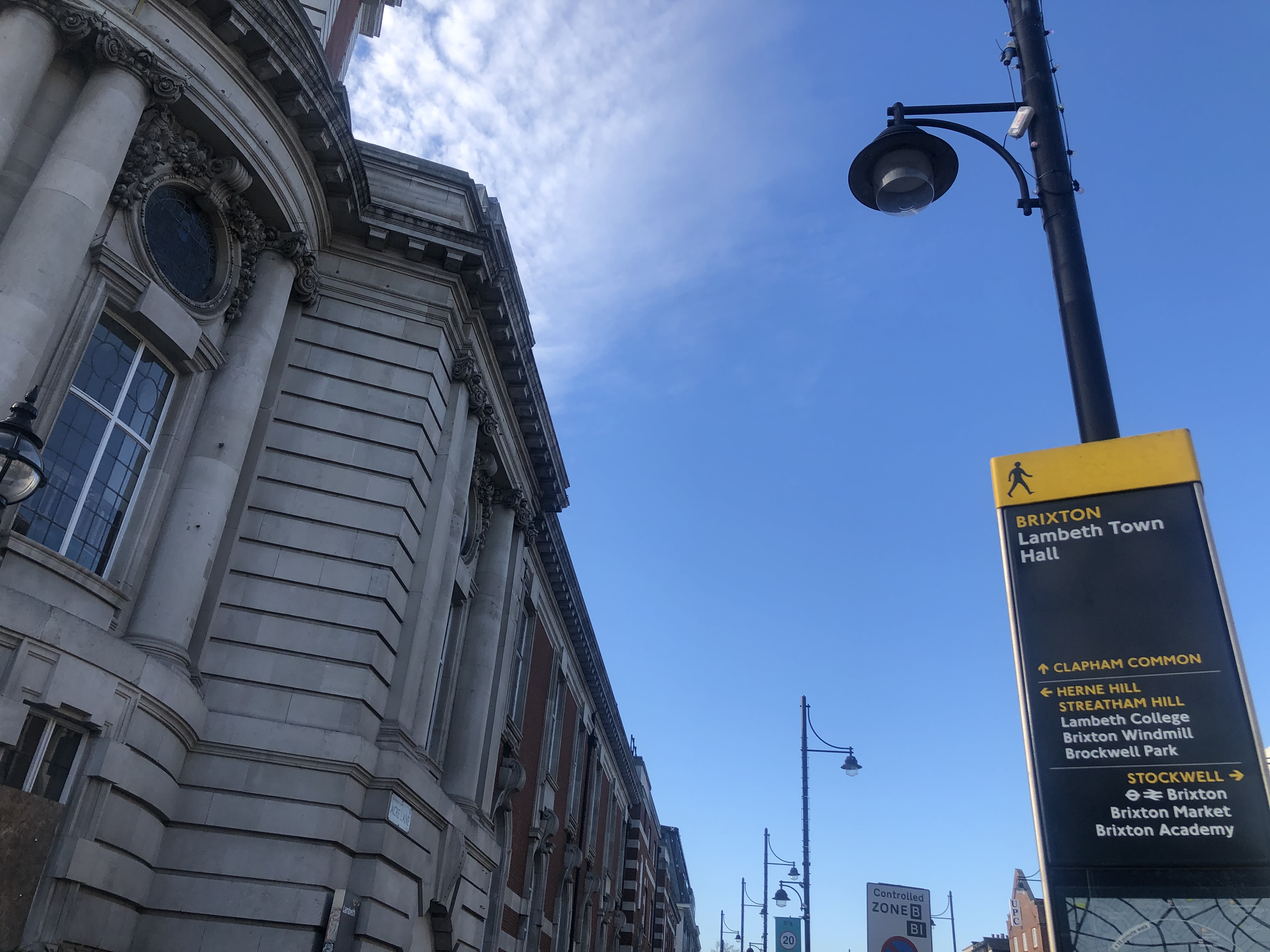
PUSHING FOR CHANGE
The past year has seen grassroots action from residents who are pushing to move back to the traditional committee-based structure.
Earlier this year, campaigners in Sheffield were successful in their referendum to have the city’s council abandon executive leadership.
Their success has encouraged others to try to do the same, and residents of councils across the country have been inspired to look into the option.
#LambethRef2022 is one such campaign launched by residents of Lambeth Council, encouraging others to sign a petition to trigger such a referendum.
Ben Rymer, lead organiser of the campaign, spoke about this provision in the law to have a referendum: “It really puts the power into residents’ hands to have a say in how councils are run.”
In order for a referendum to be called, they need to collect signatures of 5% of the voting population.
In Lambeth, this means collecting 11,568 signatures - this is known as the ‘verification number’.
Last week, the campaign reached a milestone of 2,000 signatures.
Torla Evans is a local resident, volunteering with the campaign.
“When I heard about the 5% campaign, I knew this could be a game changer," said Torla.
“Changing to a committee system from the current cabinet system may not solve all the inequities of the present system, but it will be a start, and can only be an improvement.”
"Without real democracy, we are at risk of losing all control to the unelected. "
— #LambethRef2022 (@lambethref2022) November 27, 2021
Make your voice heard, sign the petition: https://t.co/17Zkp04d2k pic.twitter.com/6nVVpQVGnw
CAMPAIGN BARRIERS
The referendum campaign team are currently facing a roadblock in their mission to gather signatures.
Lambeth Council is not hosting the petition on its website, despite its constitution noting that: “The council welcomes petitions and recognises that petitions are one way in which people can raise their concerns and have an influence on the political process.”
The reason given by the council is that governance petitions are not covered by Lambeth’s Petition Scheme - the Petition Scheme is what allows e-Petitions to be hosted on the site.
This exemption is not mentioned in the Petition Scheme guidance in the constitution.
The constitution only states that “Your petition should be relevant to a function for which the council has direct responsibility.”
Rymer said: “There’s a danger that this disenfranchises people, if you have limited mobility or we can’t get to you.
“The council’s constitution explicitly, not just once or twice but more than a dozen times, welcomes petitions as a way to engage public opinion and have an open conversation.”
When Rymer and his fellow campaigners approached the council, asking them to host the petition, they claim that they were quickly passed to legal services.
The campaign is now looking to raise £1500 to launch a legal challenge to the council’s decision.
ADVANTAGES OF THE COMMITTEE SYSTEM
Rymer highlighted two major benefits that a committee system could bring to the area.
Firstly, he argued, it would enable the council to consider important issues in greater depth, having more deliberative discussions.
He pointed to the vast portfolios of some cabinet members, noting that these individuals are expected to be across policy ranging from housing to transport to social care, for a borough of over 300,000 people.
“The cabinet system is designed to get quick decisions and clear accountability, but I think, after years of austerity and hollowing out of local government, we need the best possible decisions that we can get,” said Rymer.
Speaking about the cabinet system, he said: “It is really not designed for discussion, deliberation and open debate.”
The committee system, he argued, would allow ideas to be challenged and made stronger through evidence.
Secondly, Rymer argued that a committee system can allow greater involvement of residents.
The ability to have committees that focus on geographic areas was something he focused on - councils like Lambeth cover a huge area, with vastly different priorities across the wards.
Committees are therefore able to be more area-focused, responsive to local neighbourhood need.
The highlighted map on the right indicates the wards in Lambeth which are currently represented in the Cabinet. The remaining wards do not have a councillor sitting in the Cabinet, limiting their representation in council decisions.
Rymer argued: “The council should be more resident-centred, and it should be more able to actually involve people in decision-making.”
Dr Dreenagh Lyle, Chair of the South Lambeth Estate Tenants Residents Association, said: “Lambeth’s chaotic, costly mishandling of major works on our estate was caused in no small part by a Cabinet disconnected from the communities they represent.
“Lambeth’s 20-year experiment with a top-down, over-centralised way of working has failed.
“It needs to go - the sooner the better.”
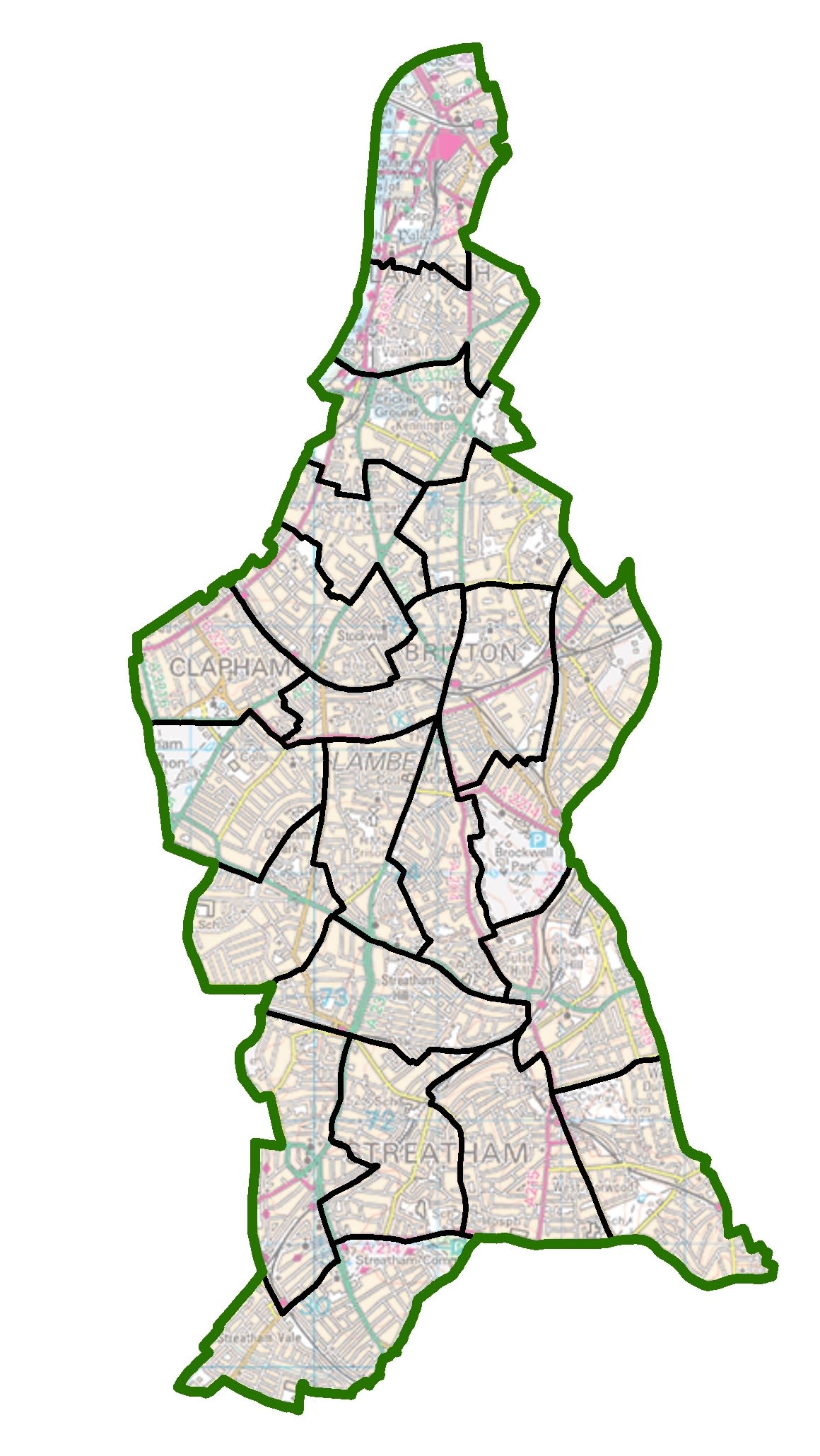
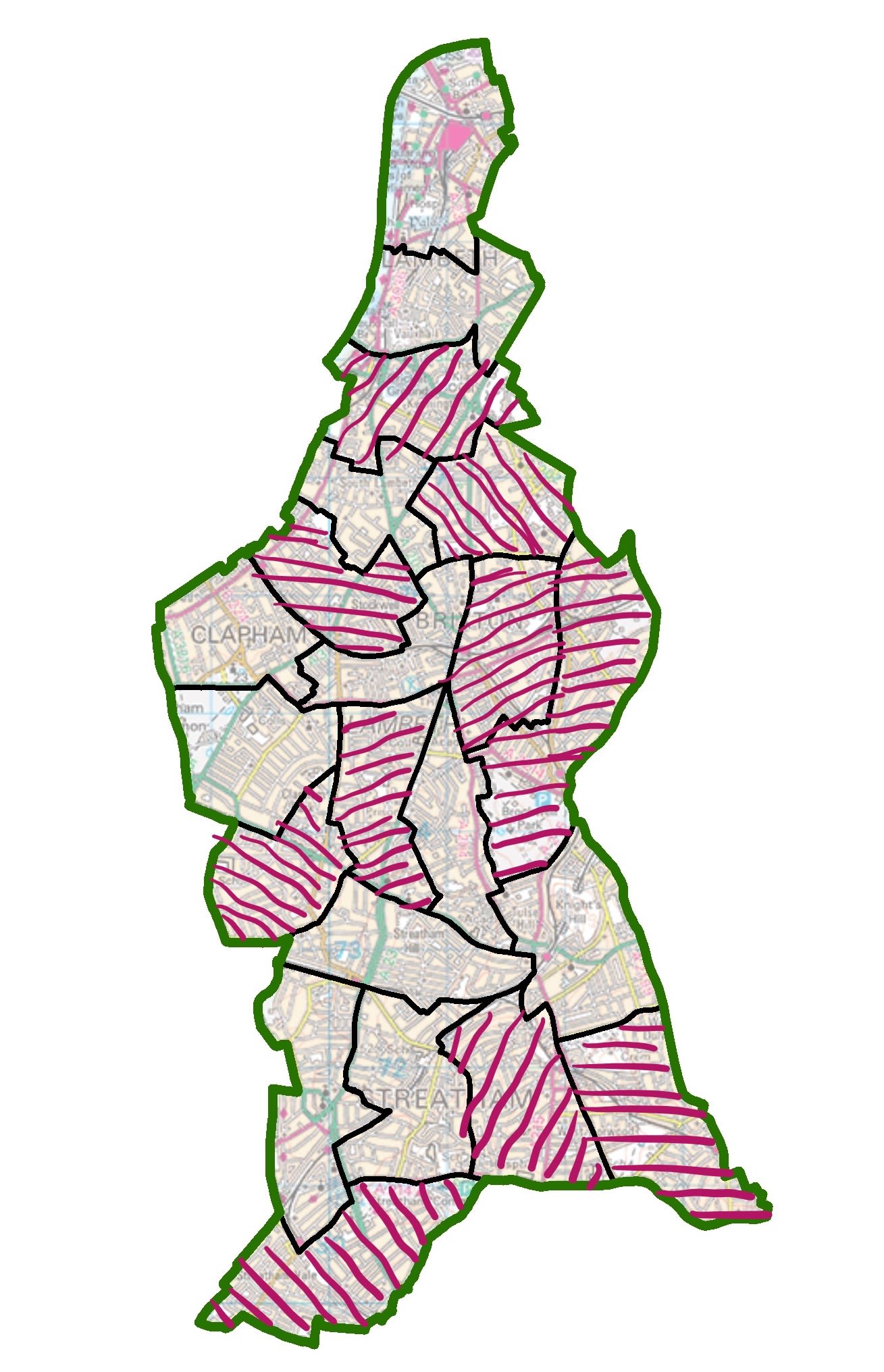
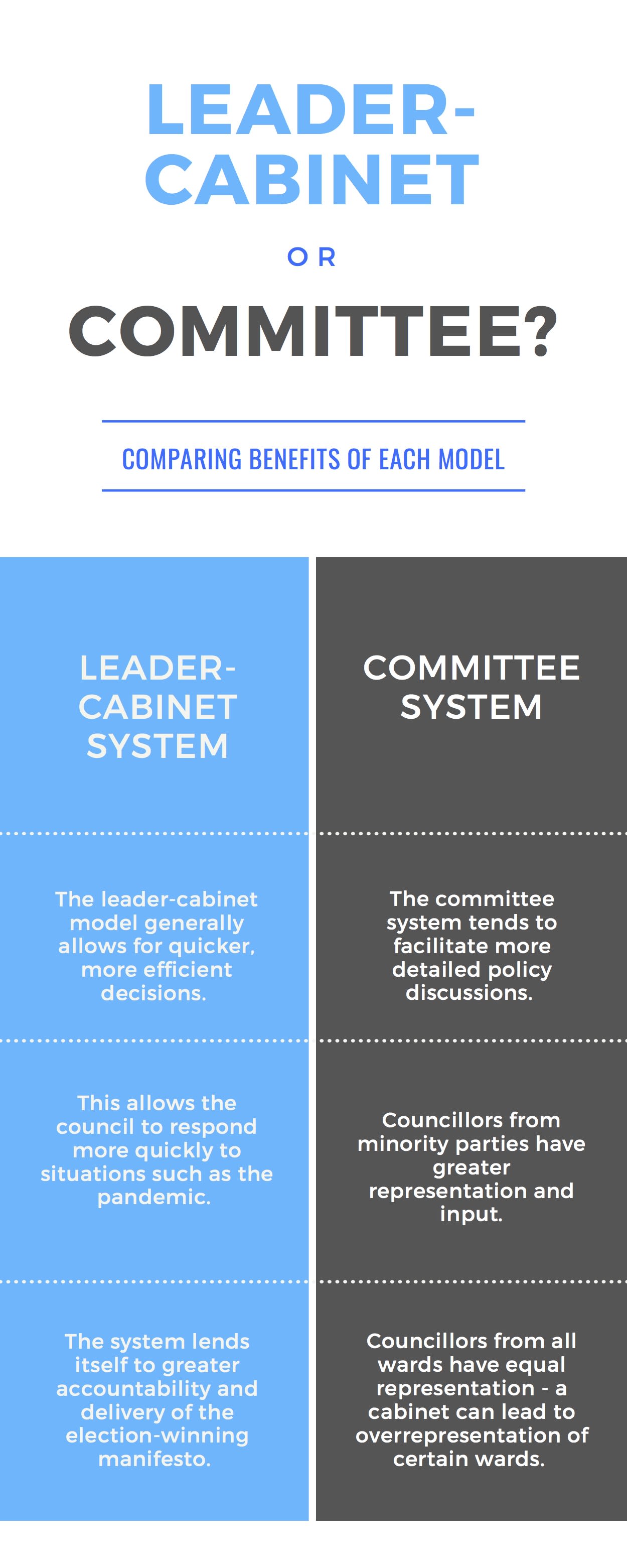
ADVANTAGES OF LEADER-CABINET
However, the existing system does also have benefits which a committee system cannot offer.
The key benefit is quicker, more efficient decision-making.
Leader of the Council, Clare Holland, highlighted these advantages when questioned about the campaign by Councillor Becca Thackaray in September.
She said: “It is a system which provides strong, transparent, democratic leadership, and a robust function providing overview and scrutiny of decision making.
“The Leader and Cabinet model ensures the clear mandate given to the governing party’s manifesto voted for by the residents is able to be implemented.”
She pointed out that the executive model still allows for input and scrutiny by other councillors. In the leader and cabinet model, this mostly happens in cross-party ‘scrutiny committees’ as well as in the full council meetings.
Holland added: “This model has allowed the council to respond to emergencies such as the Covid-19 pandemic quickly, making decisions at pace for local people and by elected politicians.
“A committee system on the other hand would make that impossible and could lead to officers having to make decisions without direction from the elected politicians.
“When councils moved away from the committee system twenty years ago, it was because it made local government slow, unaccountable, and opaque.”
Voters in Newnham had a referendum in May this year, with a choice between their current model of a directly elected mayor with cabinet and the committee system. 56% of voters chose to keep the cabinet system.
Councillor Holland also highlighted the cost associated with this sort of governance change.
She said: “I do not believe that, after more than a decade of Tory imposed austerity, Brexit, and the Covid-19 pandemic, Lambeth residents want the council to be looking inwards and spending our time debating the way in which we organise ourselves.
“They want us to get on with the job of securing a recovery which leaves nobody behind, building the houses our families in Lambeth need, and creating a fairer borough, built on social, climate and racial justice for all”.
YOU CHOOSE
Both models have their benefits; what matters is ensuring that residents are truly being heard and properly represented.
Petitions like Lambeth’s can prompt residents to truly think about these questions, and push for the local democracy they want to see.
